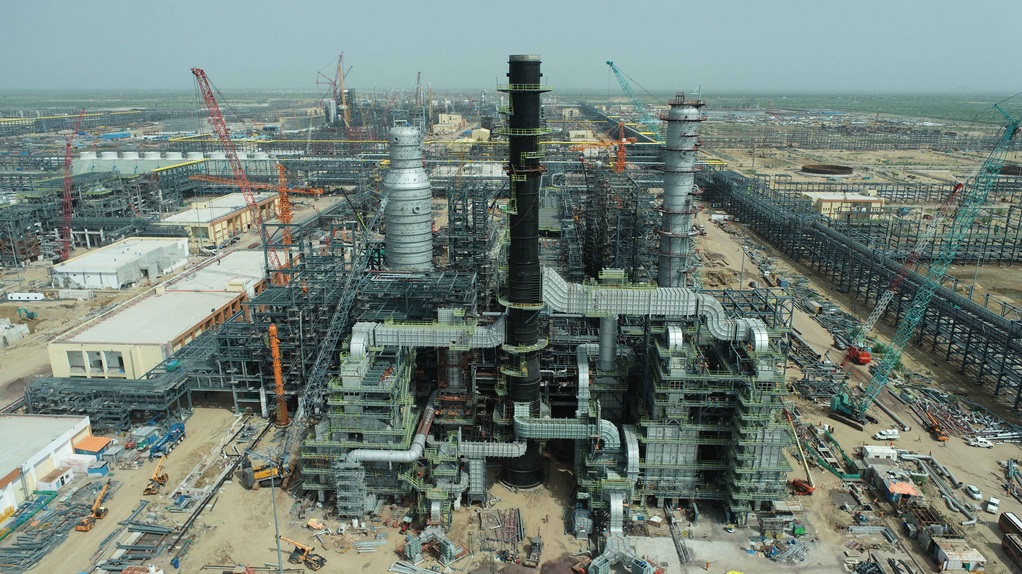With ownership holdings of 74% and 26%, respectively, the state-run Hindustan Petroleum Corporation Ltd. (HPCL) and the Rajasthani government jointly own the refinery, which is built to process more than 83% of imported medium-grade crude in addition to indigenous crude.
In order to diversify the crude basket, the refinery will mostly use Russian Urals, with Basrah and Arabian grades being among the best options. The refinery can process heavier crude grades because of its configuration, which incorporates petro-fluid catalytic cracking units, delayed coker, and vacuum distillation.
Northern India, which has a net shortfall in refined products, is anticipated to be served by the HRRL facility. Euro 6-grade gasoline, diesel, and petrochemicals such polypropylene, butadiene, and polyethylene will be its main outputs.
The plant is the “jewel of the desert,” according to Petroleum Minister Hardeep Singh Puri, who also noted that it helps create jobs and lessen dependency on imported petrochemicals. Since its incorporation in 2013, HRRL has experienced delays as a result of rising commodity prices and pandemic-related disruptions, which have increased costs. Since Indian Oil Corporation’s Paradip Refinery, which was put into service in 2016 and has a capacity of 15 million mt/year, this is the country’s first independent refinery.
According to industry estimates, the refinery in Rajasthan is likely to help meet India’s anticipated rise in oil demand, which is predicted to overtake China’s. In order to improve the supply chain for vital resources and lessen reliance on imports, India intends to establish a National Critical Mineral Mission, according to Ranjan. The plant is positioned to support India’s long-term economic growth and improve the nation’s energy security.
Tags: Greenfield, HPCL, India, Refineries



Recent Posts
Port of Brisbane Unveils Vision 2060 to Drive Smarter, Cleaner, and More Connected Future
Wärtsilä to Deliver Hybrid Propulsion Systems for Vertom Group’s New Low-Emission Vessels
Latvian port receives electric Konecranes Gottwald Mobile Harbor Crane
Sustainable Ocean Economy Vital for Human Development, Says UNDP at UN Ocean Conference
Green Hydrogen Costs in India Could Drop by 40%, Says IEEFA-JMK Report
Cavotec Secures €1.55 Million Shore Power Contract for Port of Antwerp-Bruges
APM Terminals and SANY Marine sign landmark agreement to accelerate decarbonisation
The Port of Gothenburg takes big step towards shore power connection for container and car/RoRo vessels